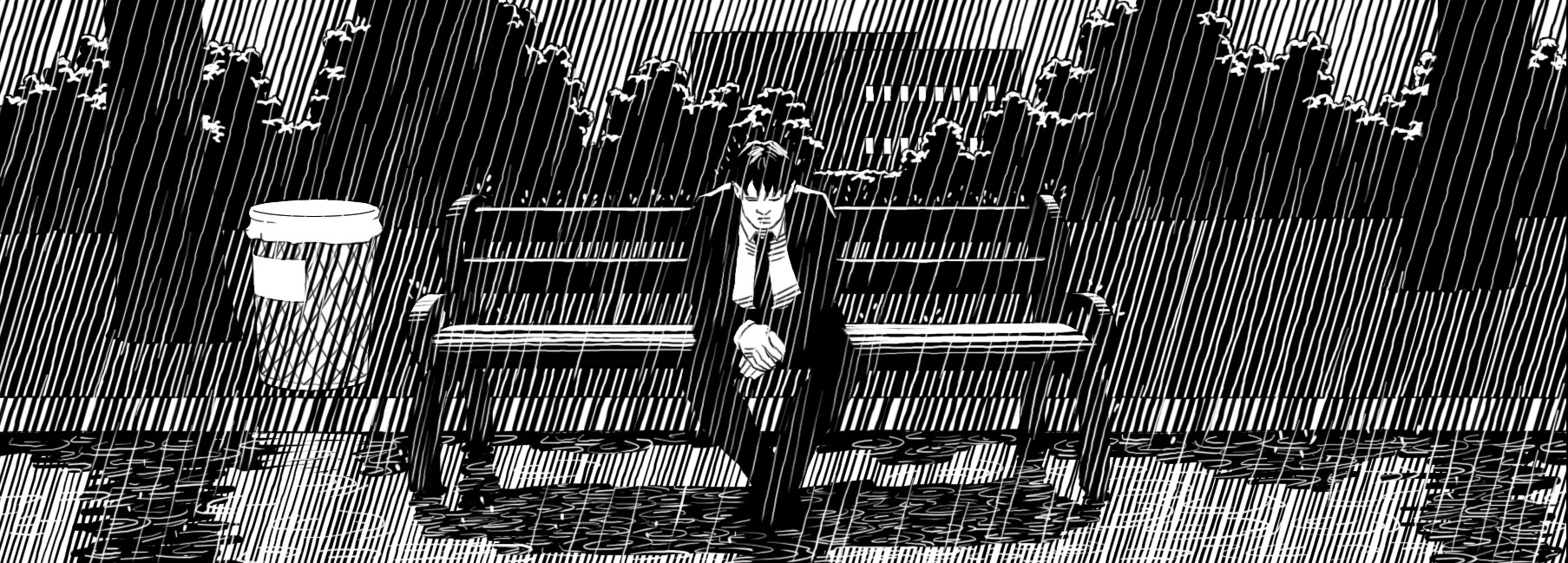
Recently I noticed myself cringing when I heard these words: “backstory” and “reluctant hero”. It came as a surprise. I know backstories are important, and reluctant heroes can be engaging. But I’ve come to realize that after giving our protagonist a backstory (always tragic), and making them reluctant to resort to violence (until absolutely necessary), we often slap ourselves on the back for a job well done, punch the clock and head home.
Characters are interesting when they do interesting things, make strong choices and solve problems in unique ways. Backstories are important insofar as they inform the current actions of the characters. It is a common misconception that increasing the level of tragedy in someone’s past makes them more interesting.
I blame John Milius.
If he hadn’t created such a great monologue for Robert Shaw in the 1975 film “Jaws” fewer writers, creative executives and producers would think that backstory is the key to a strong character. If you watch that film again you’ll see that long before Quint told the story of the USS Indianapolis he was arguably the most interesting person in the movie. (The script for “Jaws” is credited to Carl Gottlieb, but Milius has been acknowledged as the writer of the backstory.)
There is a simple test to determine if a backstory is helping your story or acting as a substitute for character development. Remove it. If the character can stand on their own because their actions are intriguing enough that readers want to know how they became who they are, feel free to reinstate the backstory.
William Goldman said action films were the hardest to write. I agree with him. This is not entirely the fault of so many “reluctant heroes”, but they are a contributing factor. Ever notice how the bad guys are more captivating than the leads? Most heroes in action films are reactive rather than proactive. The characters who are pursuing passionate desires are usually the ones seeking world domination, or stealing $640 million in bearer bonds. In most actions films the true protagonists are the ones whose dreams of grandeur are thwarted by some passive ex-cop who is forced into action by machination of the plot.
One thing that makes action stories harder to write is our insistence on referring to characters as “good guys” and “bad guys”. These are value judgments. The audience is allowed to make them; writers, directors and actors should not. Better to think of characters as protagonist and antagonist. Or better yet, allow yourself two or more protagonists whose unrelenting desires are in direct conflict.
Creating compelling characters is not easy. There are a lot of viable principles such as proactive is better than reactive, but there is also a lot of trial and error, fumbling, searching, cursing and a little bit of magic. The job seems to be more difficult when we create a reluctant hero with a tragic backstory and think the hard part is done, when in fact the heavy lifting has just begun.

no backstory? make him/her an amnesiac and have a thousand possibilities come forward for any occasion as the story progresses. No one would imagine a dull scenario, so readers/viewers would write in the most interesting of unknowns.